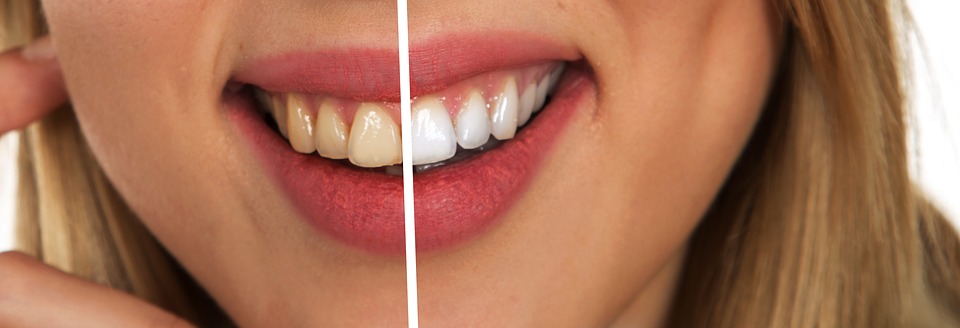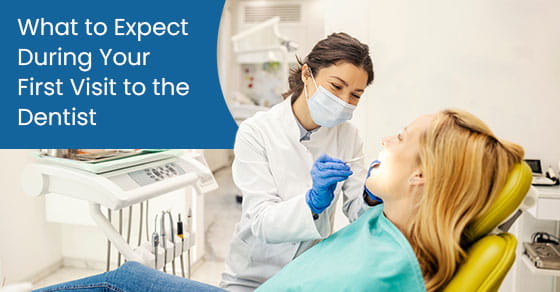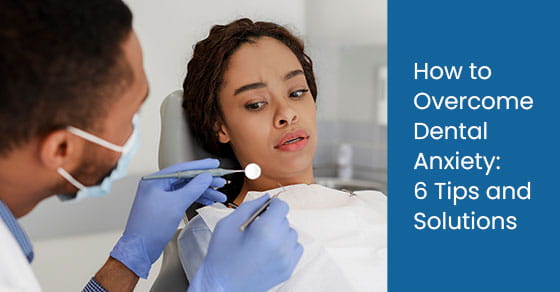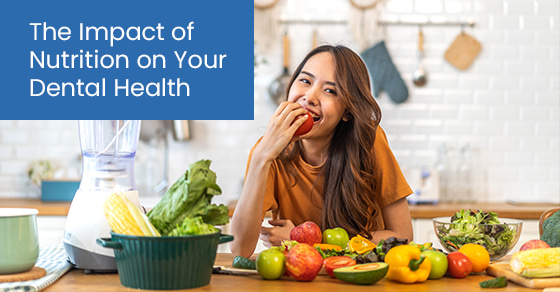There are many myths and misconceptions surrounding teeth whitening at home. As these range from ineffective to dangerous, it is important to know which practices you should avoid and never do at all.
Baking Soda
Beyond being ineffectual, baking soda can lead to an imbalance in good and bad bacteria in your mouth.
Hydrogen Peroxide
It is dangerous to put hydrogen peroxide in your mouth, as it can cause free radical reactions. This causes premature aging of the living tissue.
Over-the-Counter Whitening Gel
Contrary to popular belief, over-the-counter whitening gel is not the same as the gel your dentist uses. Professional whitening gel has a larger amount of the active ingredient, as the process allows dental staff to use the product more safely. At-home whitening products will whiten teeth, but effects tend to be short-lived and may lead to some sensitivity.
Whitening Toothpaste
The small amount of whitening chemicals combined with the short time they remain on your teeth means whitening toothpaste is unlikely to have any effect.
Strawberries and Lemons
Although these fruits do whiten teeth, they work by dissolving enamel. If you use this method frequently, you will permanently damage your teeth.
UV Light
There is no evidence that UV light has any impact on the shade of your teeth. It is more likely to damage to your teeth, as well as your gums, lips, and eyes.
The Best Solution
If you want to whiten your teeth safely and effectively, your best option is to visit your dentist. In a professional teeth whitening service, your dentist makes an impression of your mouth and sends it to the dental lab, where they create a tray that fits your teeth exactly. The dental hygienist will also apply a special gel to your gums to protect them from the whitening product.





